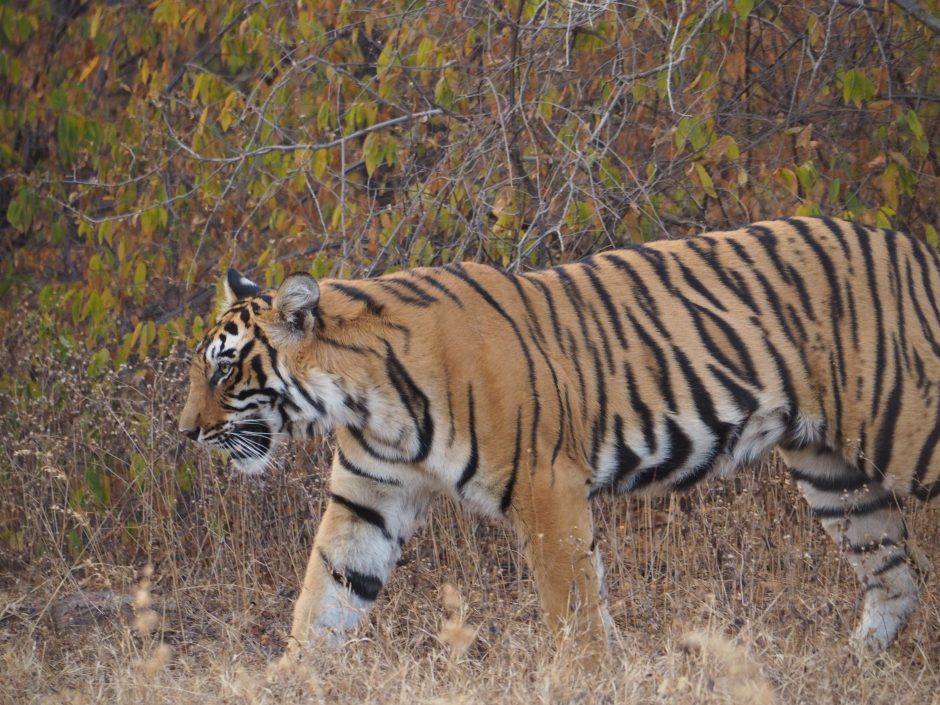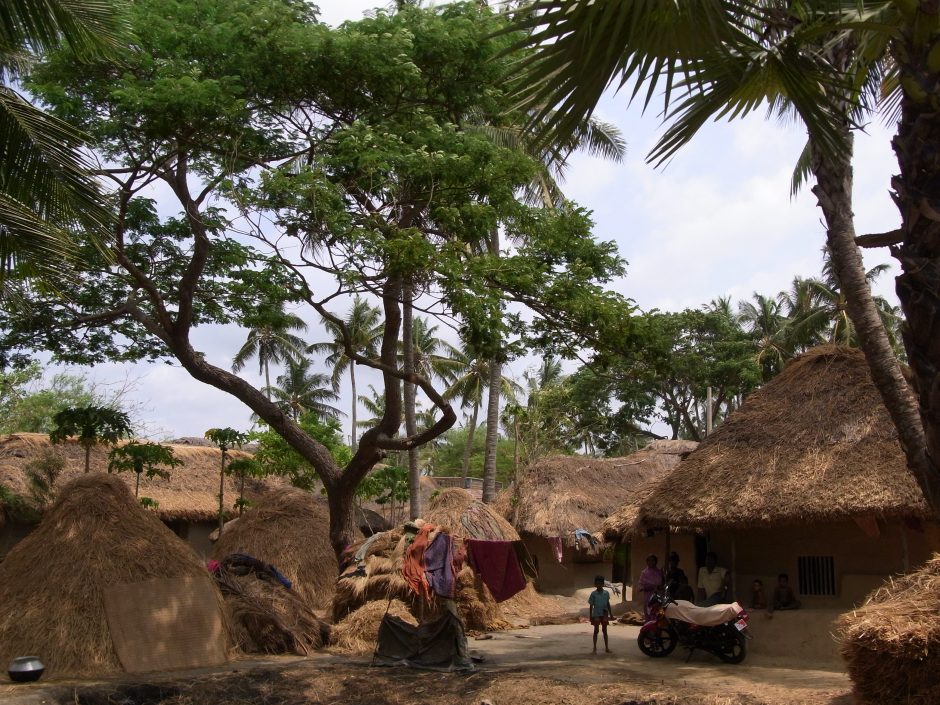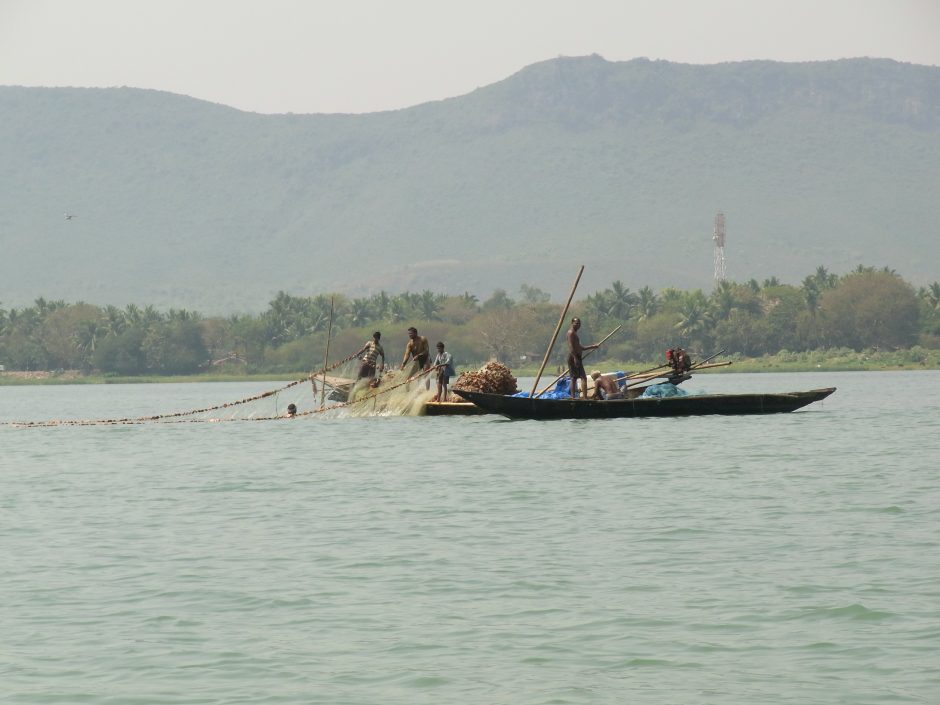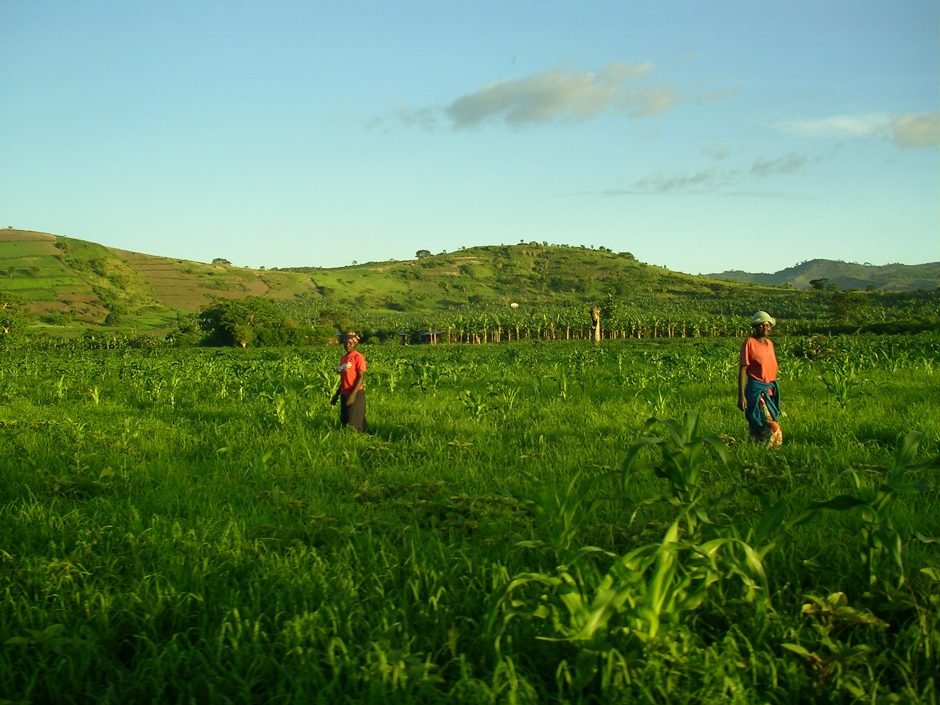The WCEL works on a range of topics related to wildlife and the conservation of natural resources. Here we introduce our main research themes.
Conservation and Wildlife
More than a quarter of our global species are currently facing the threat of extinction (IPBES, 2019), with an expansion of human activity being the primary cause. The Dasgupta Report details the economic consequences and causes of this decline. Members of the WCEL bring an economic lens to the study of human-wildlife interaction. Through our research we estimate the costs of human wildlife interactions to humans and wildlife. Sometimes these costs are fatal—humans or charismatic wildlife lose their lives—our research pays particular attention to the drivers and the socioeconomic status of those who bear such fatal interactions. We also study the effectiveness of policies designed to manage human wildlife conflict, and estimate the cost of infrastructure development on conservation and wildlife.
Team

Economic Development
Poverty, resource dependency, and exposure to environmental extremes are closely related. The poor are still largely dependent on natural resources and agriculture for their incomes and they lack the means to invest in climate or pollution mitigation. The WCEL addresses questions about the consequences of pollution and extreme weather events for the global poor. Our research also seeks to understand how economic development affects environmental sustainability and which policies lead to better outcomes for the poor and the environment.
Team
- Saumya Joshi
- Sergio Perilla
- Henri Kengne Sangue
- Xiao Han
- Juan Fercovic
- Frederik Noack

Natural Resources
Our economies depend on natural resources such as fisheries for food and fossil fuels for energy. Often the poorest members of societies are the most dependent on natural resources and are also most affected by their degradation or policies that restrict access. Societies have recognized these dependencies for a long time and have developed mechanisms to protect our resources and regulate access. Economic growth and global change threaten resource sustainability and require new or revised regulations. The WCEL studies the impact of economic growth and global change on resources, the regulatory responses, and their impact on economic inequalities.
Team

Agriculture
Agriculture feeds the human population. It is also one of the largest contributors to biodiversity loss, air and water pollution, and greenhouse gas emissions. The WCEL studies the question of how to increase agricultural production while maintaining a healthy environment. New technologies and agricultural policies play a central role in achieving these goals.
Team
